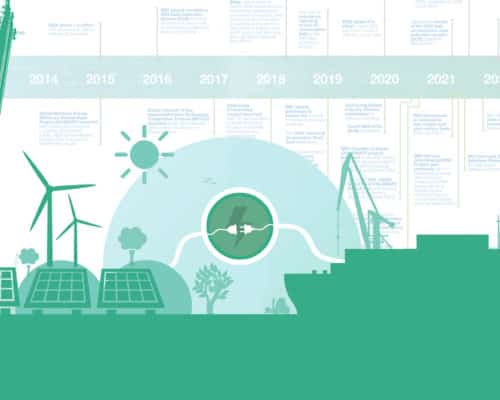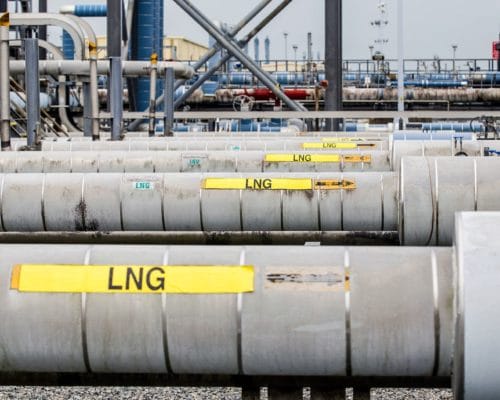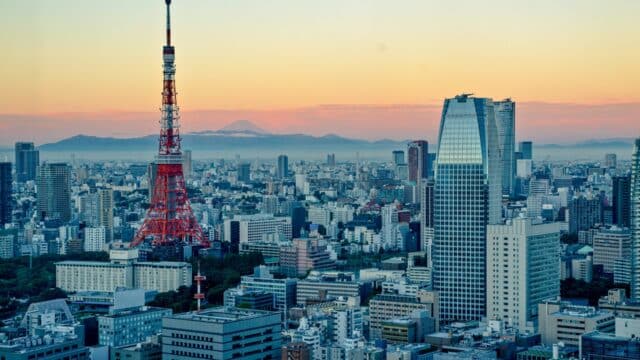Fossil Fuels Dominate Japan Energy Sources
17 April 2024 – by Eric Koons
Japan’s limited fossil fuel resources and geographic location have forced the country to develop a unique mix of energy sources in Japan. However, this has also placed the country in a precarious position as the world pushes to decarbonise and globalisation continues to grow.
As a result, the country is making its energy strategy a core component of national policy for the coming decades.
Japan’s Renewable Energy Production
Japan aims to increase its share of domestic renewable energy production to around 38% by 2030, with a goal of hitting net-zero emissions by 2050. This plan currently outlines significant solar and wind power growth, yet also outlines a strategy to invest in “clean” fossil fuel technologies, like carbon capture and ammonia co-firing.
While the country’s energy landscape is unique, this continued reliance on fossil fuels is concerning. “Clean” fossil fuels are not part of a realistic net-zero emissions strategy.
What Is Japan’s Main Source of Energy?
Japan has long relied heavily on fossil fuels in its total energy supply. As of 2022, fossil fuels accounted for 84.87% of the country’s primary energy consumption. This comprised 37% from oil, 27.5% from coal and 20% from natural gas. This mix of fossil fuels is nothing new, with oil and coal making up most of the country’s energy supply since the 1960s.
The primary changes over this period are that the share of oil has been steadily declining, while coal has been slowly increasing and natural gas has grown rapidly since the 1970s. This shift coincides with the rapid global increase in natural gas production during this period and the second wave of globalisation following the Second World War, which boosted the country’s fossil fuel imports. Fossil fuel imports now comprise most of Japan’s energy supply.
What Is the Main Source of Electricity in Japan?
Fossil fuels also dominate the country’s electricity production. However, unlike total energy supply, where a majority comes from oil, natural gas makes up the lion’s share, followed by coal. The country’s electricity generation was dominated by oil in the 1980s and early 1990s and then nuclear power through 2011.
Nuclear Power Generation
The 2011 Fukushima Daiichi nuclear disaster led to a dramatic shift in policy of nuclear power generation, which led to a shutdown of all nuclear reactors by 2014. This gap was primarily filled with imported natural gas and coal, with a small portion of solar power.
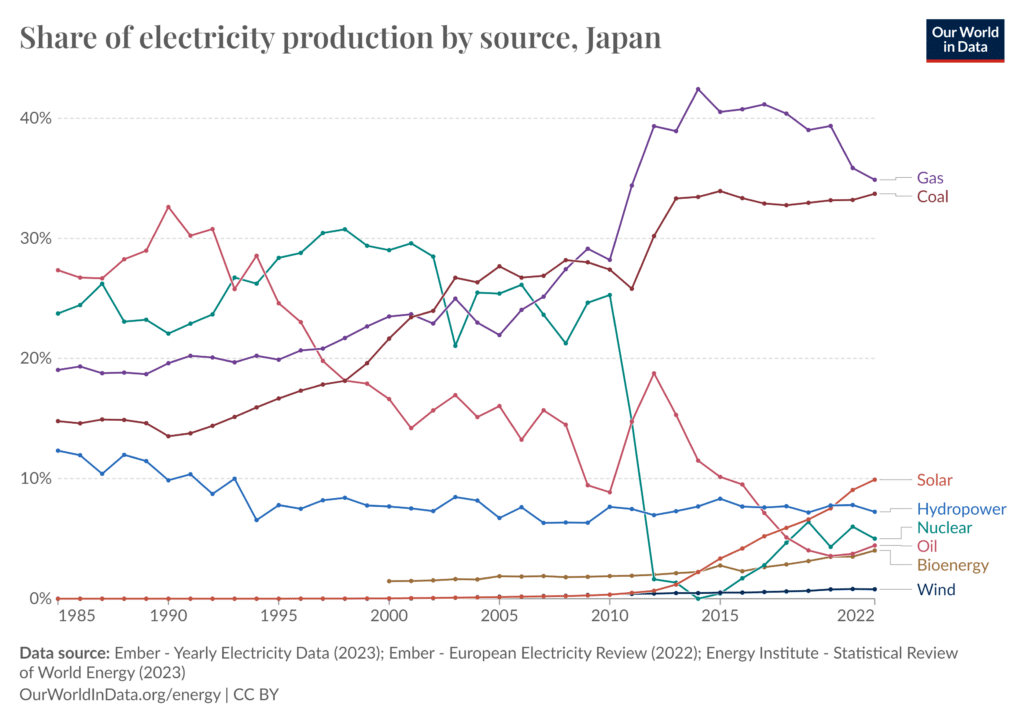
Government policy has been slowly shifting back to bringing nuclear reactors online. However, nuclear power plants still only account for around 5% of the country’s electricity, whereas solar is around 10%.
Is Japan Energy Self-sufficient?
Japan is a major energy importer because of its heavy reliance on fossil fuels and lack of domestic fossil fuel energy sources. It is far from energy self-sufficiency, which is a critical concern.
Japan imports about 90% of its energy needs, making it one of the least energy self-sufficient developed nations. Furthermore, it is the world’s second-largest importer of natural gas, only behind China, which has a population 11 times that of Japan.
This high dependence on energy imports makes Japan vulnerable to fluctuations in global energy markets and geopolitical tensions. In recent years, the Ukraine-Russia War highlighted this by driving up natural gas prices to record levels.
In response, Japan is pursuing a diversified energy strategy that includes an increased reliance on natural gas and renewables, as well as a re-evaluation of its nuclear energy policy. While restarting some nuclear reactors is part of this strategy, public sentiment and safety concerns continue to influence nuclear energy’s role in Japan’s future energy landscape.
What Sectors Use the Most Energy in Japan?
Energy consumption in Japan varies significantly across different sectors, with the industrial sector being the largest consumer. Industries such as manufacturing, which includes electronics, automotive and steel production, are particularly energy-intensive. The transportation and residential sectors follow this, reflecting Japan’s industrialised economy and high urban population density.
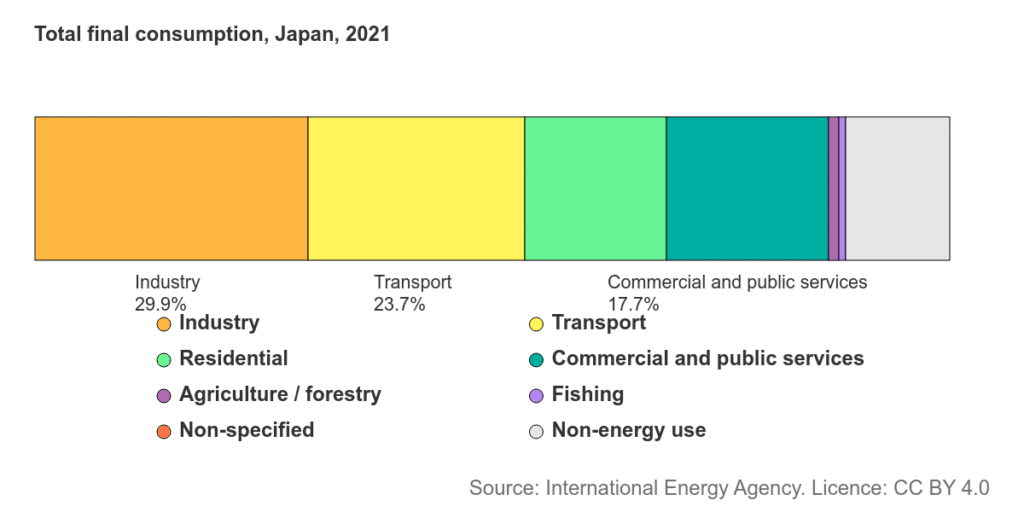
The industrial sector’s energy use underscores the need for efficient energy policies that promote sustainable practices across industries. As Japan continues to advance technologically, the implementation of energy efficiency and low-carbon strategies to decarbonise industrial processes, power generation and transportation will be critical.
Reassessing Japan’s Energy Policy
Japan’s journey toward energy security and autonomy is intricately linked to its ability to increase the share of domestic renewable energy sources in its energy mix. The country’s energy strategy reflects a unique approach to addressing the challenges posed by its lack of natural resources, environmental concerns and the need for sustainable economic growth.
However, Japan needs to step up its commitments and action. It has historically been seen as a laggard in the G7 on climate change, and its current national energy policy’s favouring of “clean” fossil fuels is not reassuring. If large quantities of finance flow into “clean” fossil fuel technologies, it will not only set back Japan in its progress towards its net-zero goals but will have a ripple effect across the region.
by Eric Koons
Eric is a passionate environmental advocate that believes renewable energy is a key piece in meeting the world’s growing energy demands. He received an environmental science degree from the University of California and has worked to promote environmentally and socially sustainable practices since. Eric’s expertise extends across the environmental field, yet he maintains a strong focus on renewable energy. His work has been featured by leading environmental organizations, such as World Resources Institute and Hitachi ABB Power Grids.
Read more




